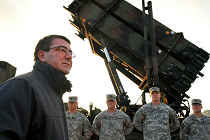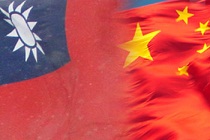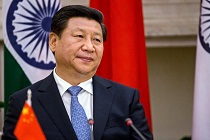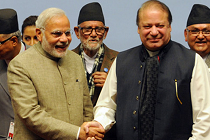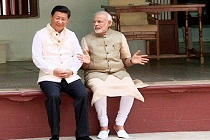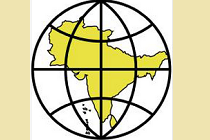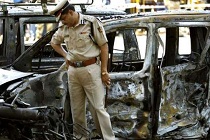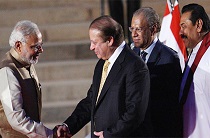Ashton Carter knows India well
Chuck Hagel’s unremarkable stint as the U.S. Defence Secretary should soon be forgotten if Ashton Carter’s nomination is confirmed. Even though Carter’s nomination bodes well for the India-U.S. bilateral due to his work on furthering the defence partnership he will be faced with more immediate concerns and the onus will then be on India to strategically enhance the relationship

